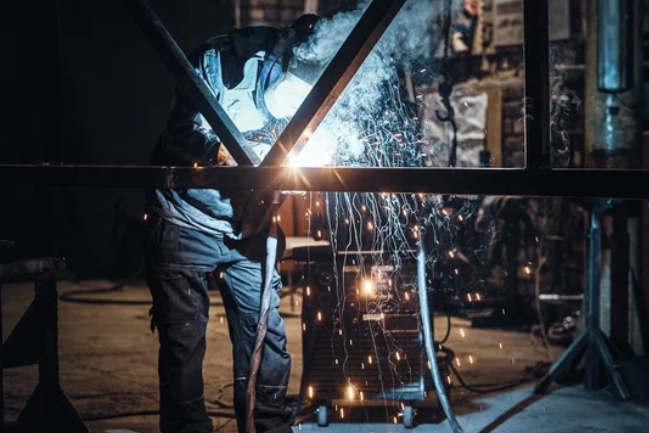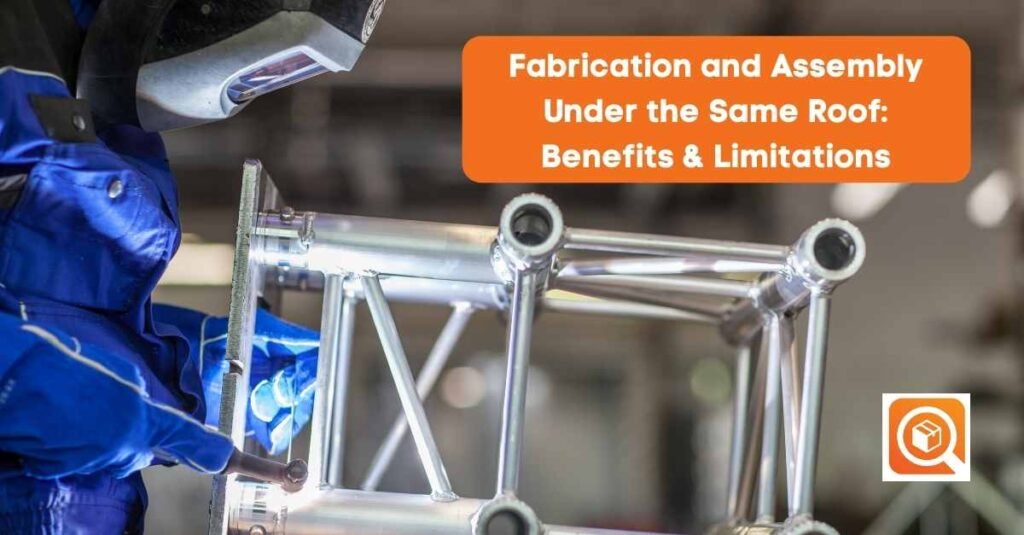The Role of Artificial Intelligence in On-Demand Manufacturing

In the age of fast-paced technological progress, the manufacturing industry has kept up. One of the most transformative innovations in recent years is the integration of Artificial Intelligence (AI) into manufacturing processes. Among the many facets of manufacturing, the concept of on-demand manufacturing has emerged as a game-changer. This article explores the profound impact of AI in on-demand manufacturing, how it is revolutionizing the industry, and the benefits it offers to both manufacturers and consumers.
Gaining Insight into On-Demand Manufacturing
On-demand manufacturing is a production strategy focusing on producing goods only when ordered, in contrast to traditional mass production methods. This approach aligns production more closely with demand, reducing waste and excess inventory. This method is gaining traction across various industries, including aerospace, automotive, healthcare, and consumer electronics, thanks in large part to AI-powered technologies.
The Role of AI in On-Demand Manufacturing
- Demand Forecasting and Inventory Management
One of the key challenges in on-demand manufacturing is accurately forecasting demand and managing inventory levels. AI leverages historical data, market trends, and real-time data from various sources to create precise demand forecasts. This enables manufacturers to optimize their inventory, reducing carrying costs while ensuring products are available when needed.
- Customization and Personalization
Consumers increasingly expect products tailored to their specific preferences. AI-driven systems can analyze customer data and preferences to create customized products efficiently. This level of personalization is not only cost-effective but also enhances customer satisfaction and loyalty.
- Product Design and Prototyping
AI-powered design tools help engineers and designers create products more efficiently. These tools can generate design options, perform simulations, and refine prototypes rapidly, accelerating the product development cycle. Additionally, AI can optimize designs for materials and manufacturing processes, reducing waste and cost.
- Supply Chain Optimization
AI algorithms can optimize supply chain operations by dynamically adjusting routes, schedules, and inventory levels. This results in reduced lead times, lower transportation costs, and improved overall efficiency, crucial in on-demand manufacturing where responsiveness is key.
- Quality Control
Ensuring product quality is paramount in manufacturing. AI-driven quality control systems use computer vision and machine learning to inspect products for defects, improving accuracy and speed compared to manual inspections. This not only reduces manufacturing costs but also enhances product reliability.
- Predictive Maintenance
AI systems equipped with IoT sensors can monitor machinery in reeeeeeee, predicting when equipment is likely to fail. This enables manufacturers to schedule maintenance proactively, minimizing downtime and reducing repair costs.
- Agile Production
On-demand manufacturing requires a high degree of flexibility. AI-driven production systems can quickly adapt to changes in demand, adjusting production schedules, and resource allocation on the fly. This agility is essential for meeting customer demands efficiently.
Benefits of AI in On-Demand Manufacturing
Reduces Cost
AI-driven optimizations reduce waste, improve efficiency, and lower production costs, resulting in higher profit margins.
Enhances Productivity
AI automates repetitive tasks, allowing human workers to focus on more complex and creative aspects of manufacturing.
Improves Quality
AI-driven quality control systems catch defects early, reducing the likelihood of defective products reaching customers.
Achieves a quicker time to market
AI accelerates product development, prototyping, and production, enabling quicker response to market demands.
Develops Sustainability
Reduced waste, efficient resource utilization, and optimized logistics contribute to more sustainable manufacturing practices.
Ensures Customer Satisfaction
Customization and faster delivery times lead to higher customer satisfaction and loyalty.
Challenges and Considerations
While AI offers numerous benefits, its implementation in on-demand manufacturing comes with challenges. These include data security concerns, the need for skilled personnel, and potential job displacement. Manufacturers must also navigate regulatory and ethical considerations related to AI use.
In summary
The integration of Artificial Intelligence into on-demand manufacturing is reshaping the industry in profound ways. From demand forecasting to quality control and supply chain optimization, AI-powered systems offer a multitude of benefits that enhance efficiency, reduce costs, and improve customer satisfaction. As technology continues to advance, the role of AI in on-demand




